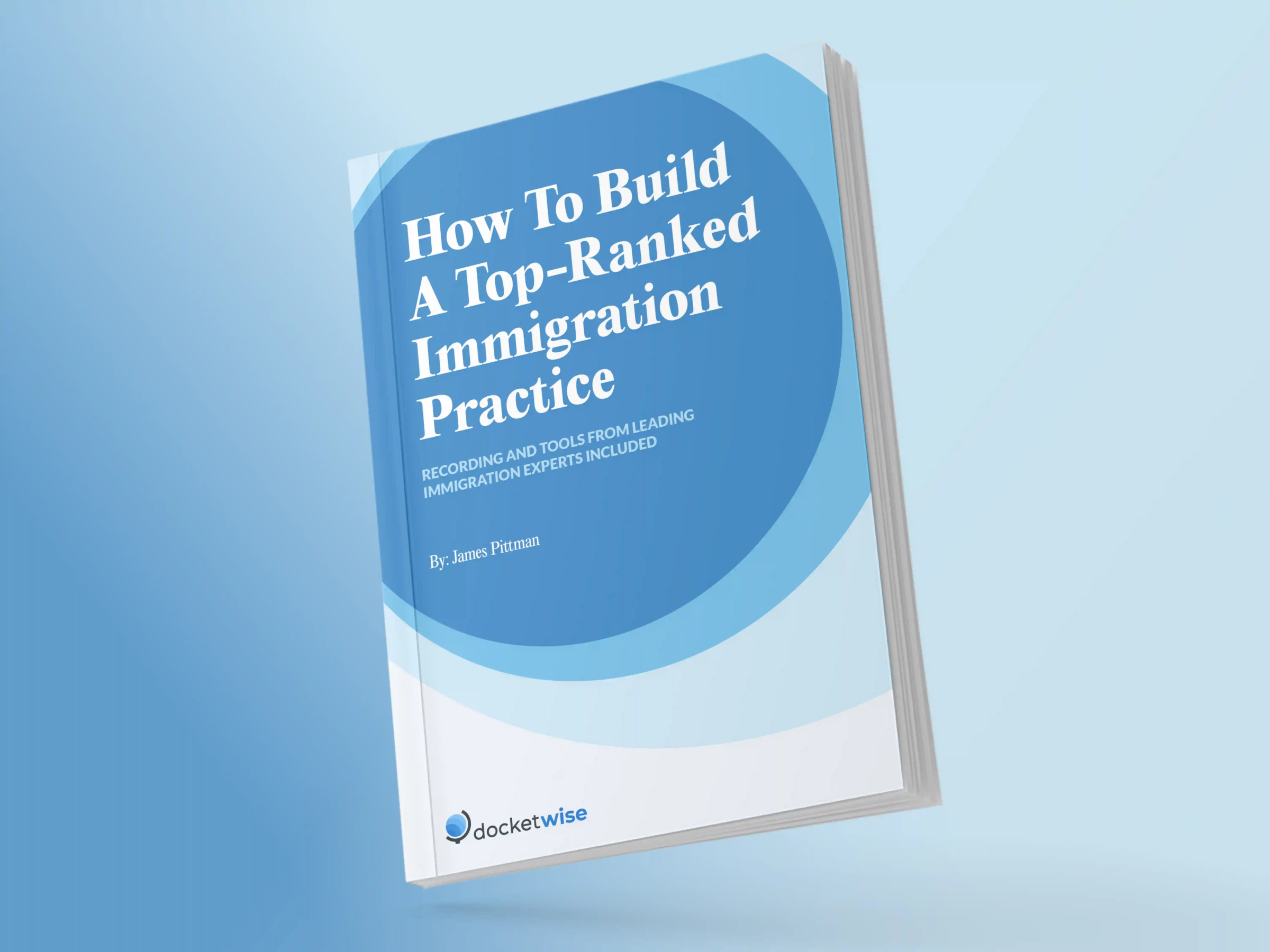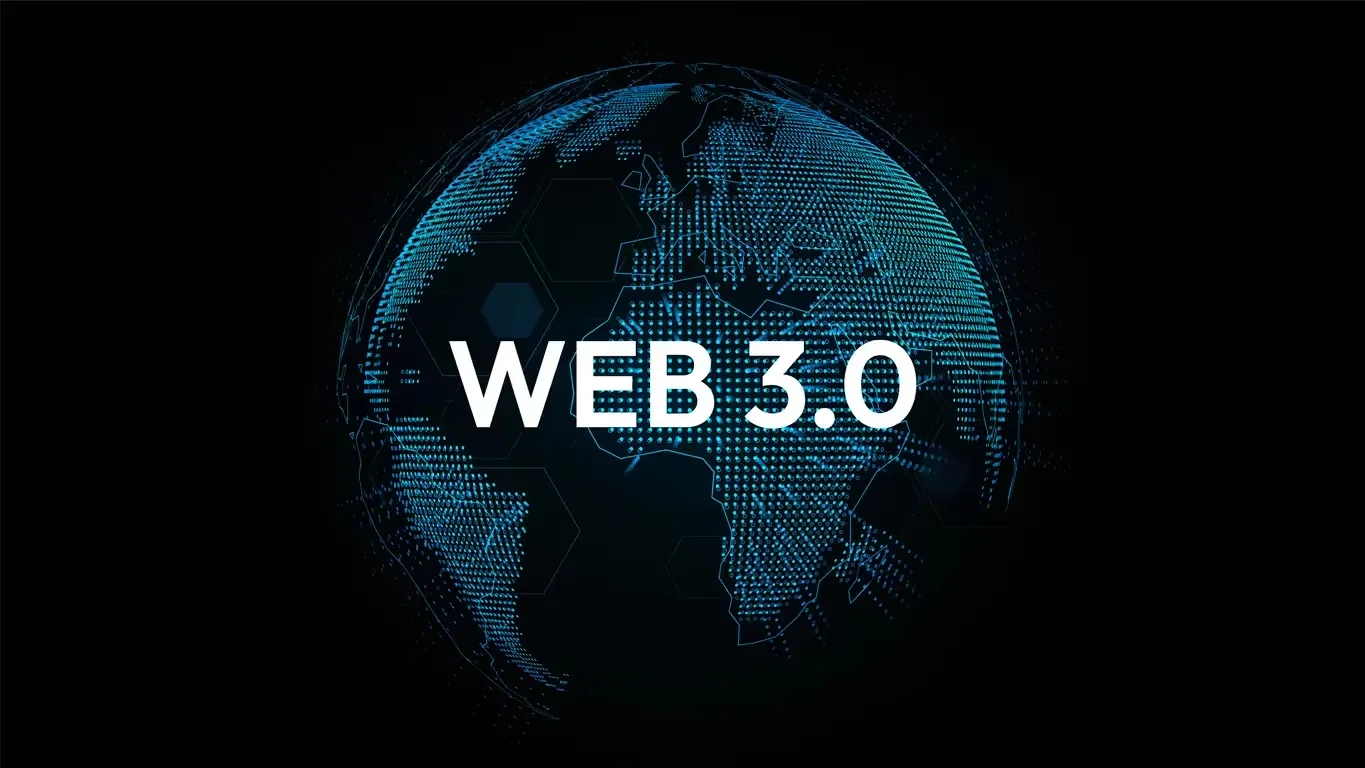We recently wrote a more forward-looking article about how the evolution of the Internet — Web 3.0, and the metaverse — might impact the practice of immigration law in the future. But how does this new technology impact immigration today?
One thing to consider, when thinking about the intersection of Web 3.0 and US immigration law, is the question of which professionals need access to US immigration benefits to work on this very technology. Specifically, what kind of professionals might need what category of visas to work on Web 3.0 and metaverse projects?
The purpose of this article is to explore ways immigration attorneys today can work with clients on cases dealing, in one way or another, with the future of the Internet. As always, the list of specialties and visa types here isn’t exhaustive, but is a place to start for an immigration lawyer who wants to be in this vertical but isn’t sure where to start.
Four potential US visas for Web 3.0 professionals
Here are some visa types that may be used for different types of professionals within the Web 3.0 space, and some background context on each of them.
1. O-visa for NFT artists
NFTs, or Non-Fungible Tokens, are an original, unique piece of art with a traceable digital signature that asserts its originality. Meaning, if you own a NFT, you own the only one of its kind. Thanks to the ability to preserve their uniqueness, NFTs are becoming covetable pieces of art. Indeed, NFTs are fetching astronomically high selling prices and are even attracting the attention of large corporations: Visa, the credit card company, has launched the Visa Creator Program, which aims to support “a global cohort of creators including artists, musicians, fashion designers, and filmmakers” to further advance their businesses by developing NFTs.
Whether a form of art, or an e-commerce tool, NFTs are developed by individuals that could be considered “of extraordinary ability,” as described in the O visa description outlined by USCIS. A client with a proven track record of developing and selling art, whether traditional art of NFTs, could be a strong candidate for an O visa application as a NFT artist.
2. P-1 visas for professional gamers and esports athletes
P visas are intended for ‘internationally recognized athletes', and up until recently, athletes were considered those who compete in more traditional sports, individually or as part of a team. However, the definition of ‘athlete’ is evolving thanks to the increase in competitiveness in esports, and their increasing global popularity. Esports, which is effectively the world of professional video games, is becoming a new frontier of competition, with competitions spanning the world and their participants starting to be recognized less as “gamers” and more as “athletes.”
USCIS set a precedent for recognizing a Canadian esports champion in the notable online multiplayer game League of Legends as an “internationally recognized athlete” and granted him a P visa in 2013. Up until this point, esport athletes had been granted visas to compete or appear in one-off events and not more extensive ones that would allow them to travel to the US to train and compete in larger competitions. The pathway to this recognition came about by establishing that esports tournaments meet the standard for competitions USCIS has established in other sports to consider participants as athletes. The standards include demonstrating that such competitions have rules, teams, and prize money that allows participants to make a living. The League of Legends World Championship, for example, came with a prize of around $2 million.
The esports industry continues to grow and is becoming more competitive and lucrative. Revenues in the esports space passed the $1 billion mark in 2020, clearly putting esports in the same league as more traditional competitive leagues, so it’s safe to expect that immigration opportunities for professional esports athletes will continue to open up.
3. E-2 visas for crypto investors
E-2 visas are a staple of the investment visa space in the US. Designed to bring investors from countries holding trade treaties with the United States so they can invest establish businesses in the US, this program has been used both by investors and employees of major companies in the past. Since cryptocurrencies were created in the late 2000s, many individuals have made substantial earnings thanks to the increase in the value of cryptocurrencies.
Now, while there are no specific paths established in existing immigration law about cryptocurrency earnings specifically for E-2 visas, a client could potentially convert their crypto earnings into US currency to fulfill the investment requirements of the E-2 visa, or make an investment in one of a growing list of businesses that transact in cryptocurrency to fulfill the same requirement. Still, given that cryptocurrencies are not universally accepted across the US are not federal legal tender, it’s a good idea to look at cities that are especially crypto friendly such as Miami (which has gone as far as issuing its own cryptocurrency).
4. EB-1A or EB-2 NIW for Web 3.0 engineers
Web 3.0 and metaverse-focused jobs are on the rise, and high-demand positions worldwide include User Experience (UX) engineers, app developers for iOS and Android, Augmented Reality (AR) and Virtual Reality (VR) technologies. STEM-focused professionals are traditionally sponsored for positions in the US through the H-1B visa, however, with the consistent sector-specific demand, current visa backlog, and per-country caps, this may not be the best option to sponsor a Web 3.0 employee and get them to work in the US in a timely manner. Thus, the EB-1A Extraordinary Ability and EB-2 National Interest Waiver immigration categories, which are awarded to individuals of “extraordinary ability” or who are doing important work “in the US national interest,” respectively, may be an option.
Immigration expert Sophie Alcorn emphasizes that both types of cases place a significant burden of proof on the applicant and their sponsoring employer: either they have a solid track record of success in “extraordinary accomplishments in the field” or that hiring them serves the US national interest. As technological advancement continues to be important to American progress, there may be a case to be made that building Web 3.0 technology within the US is indeed important to the country’s national interest.
Docketwise is sophisticated immigration case management for sophisticated immigration work
If you’re an immigration lawyer either already working on or interested in working on cases related to Web 3.0, you’re going to work with sophisticated applicants. You should keep up with them by having cutting edge immigration case management technology as well. With Docketwise, you get an industry-leading CRM, full library of immigration forms, easy-to-use client questionnaires and industry-leading API integrations, Docketwise helps you stay up to date on all your immigration cases, communicate easily with your clients, and otherwise build and manage your immigration law firm.
If you want to learn more about Docketwise, schedule a demo at the link below, or sign up for our Immigration Briefings newsletter for daily and weekly immigration updates!
Unlock Your Success as an Immigration Lawyer.
Download Now
About the author

James PittmanAttorney & Co-FounderDocketwise
James Pittman is co-founder of Docketwise and was previously engaged in the private practice of US Immigration Law. He also regularly teaches Continuing Legal Education (CLE) classes on immigration law topics and legal ethics. He is admitted to practice in New York and New Jersey and is a graduate of Northeastern University School of Law.
